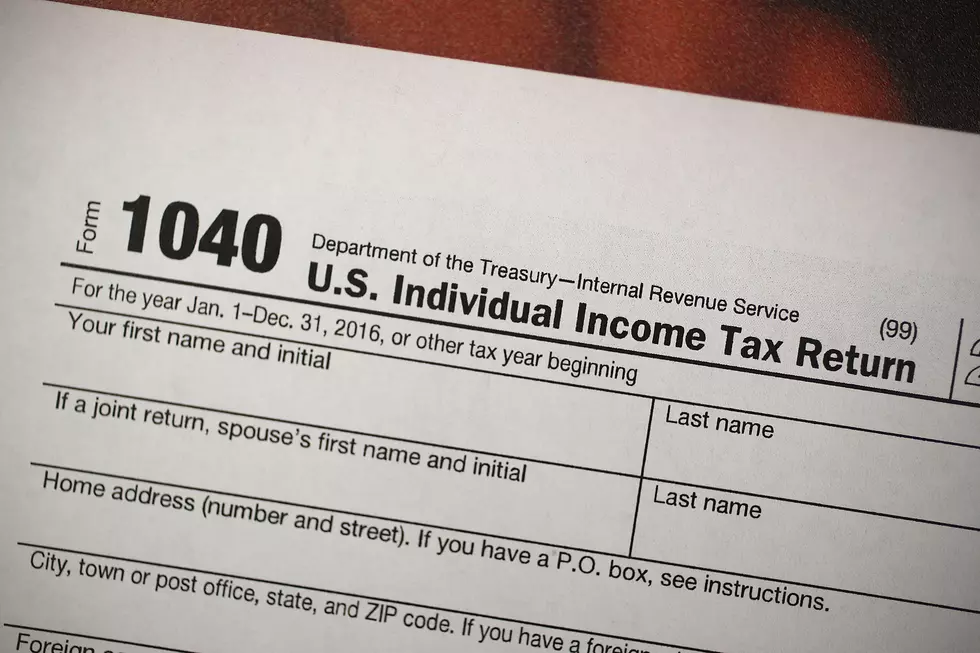
Wisconsin Considers Flat Income Tax Rate For Everyone By 2026
It's been considered before. Everyone seems to support it. But it always fails to gain traction in committee and at the legislature.
A Wisconsin lawmaker has proposed changing the way Wisconsin residents calculate their income tax. Republican Senate Majority Leader Devin LeMahieu has entered a proposal to switch the Badger State to a flat income tax rate; that is a system in which every resident pays the same tax percentage rate on their income - not matter how much or how little they make in a year.
Proponents say that it levels the field, requiring everyone to pay the same percentage rate on their earnings.
Wisconsin Democrats - led by Governor Tony Evers - disagree. They claim that the flat tax system sets up a means that "benefits the wealthy over the middle class". He's also said that the state "should continue to have a progressive tax system".
The Republicans in the majority suggest that the system would also make Wisconsin more competitive - both for businesses and for the employees they seek. Assembly Speaker Robin Bos offers:
"When I look at our tax climate, I see that all around us are flat taxes in Iowa, Michigan, Illinois."
Those same lawmakers suggest that it sets the state up more competitively when attracting business and industry to locate there. It also benefits businesses that are "structured in such a way that they pay personal income taxes"; this is usually the way that many smaller businesses are set up.
Wisconsin Governor Tony Evers has been outspoken about his objection to the flat tax proposal. He suggests that it "would lower taxes more dramatically for those at the highest tax rate".
Right now Wisconsin operates under four tax brackets - ranging from 3.54% for those earning up to $12,760 to 7.65% for those earning more than $280,950. Under the proposed flat tax system, Wisconsin would evolve over a four-year period to a single flat income tax rate of 3.25%.
Both sides agree that the switch would have further implications than just how tax payers fill out their forms each year.
With a reduced overall tax rate - and without the higher rate of return from upper income earners, the state would bring in less revenue each year. A lot less.
During the last fiscal year, Wisconsin "collected about $9.2 billion in income taxes. Under the plan by 2026, the state would collect roughly half as much, depending on inflation, economic growth, and other factors". Supporters suggest that he current surplus that Wisconsin faces would make that issue a moot point; analysts are projecting that Wisconsin will have a "nearly $7 billion surplus" this year.
